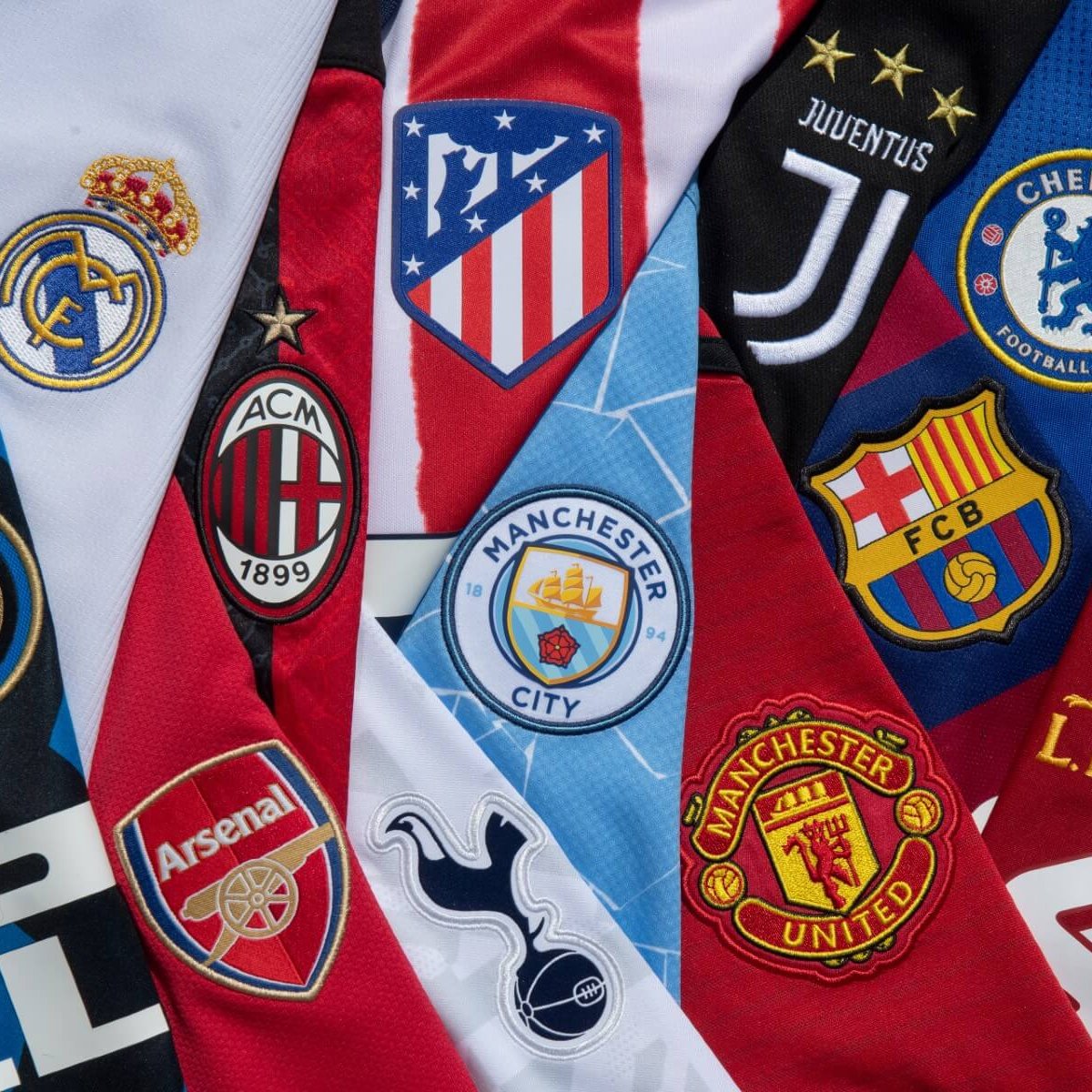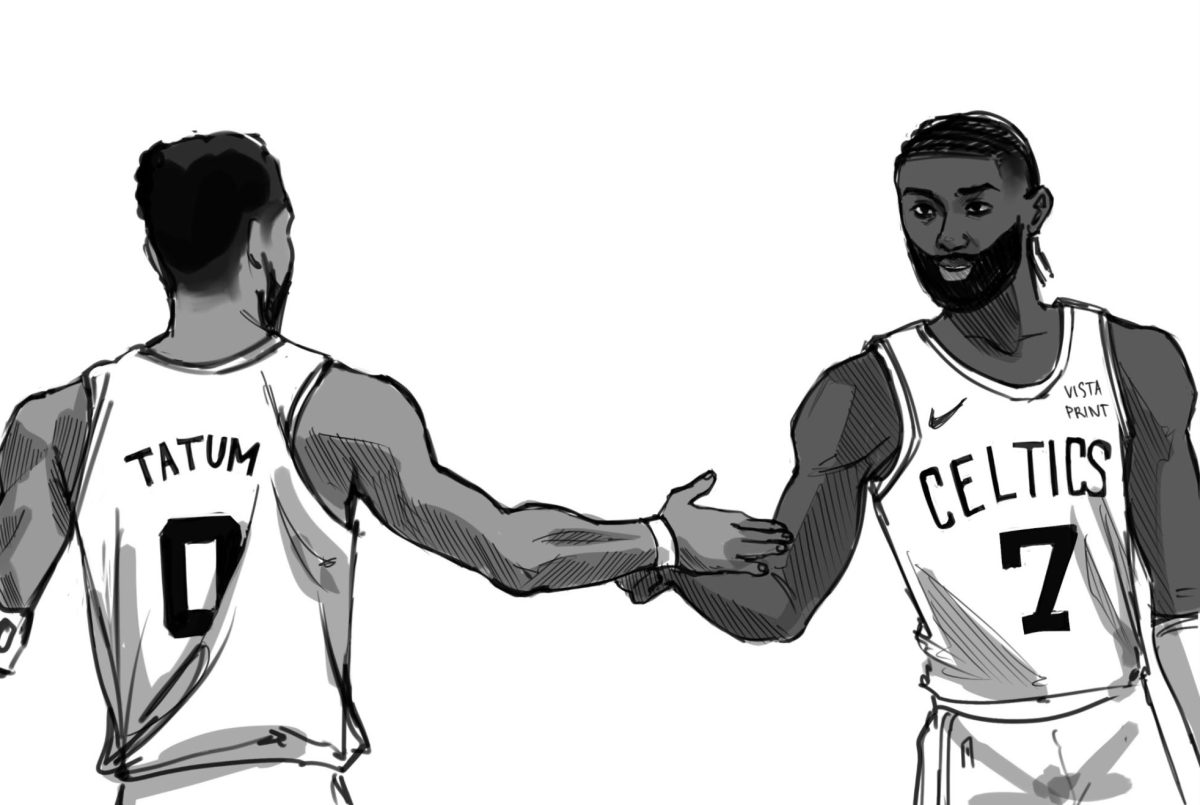On the 18th of April, 2021, the sports management group A22 released its first plan for a new international European soccer league featuring some of the biggest clubs across the continent. The plan, however, quickly fell through after heavy backlash from fans, players, and coaches after it was revealed that founding members would be guaranteed a permanent spot in the league. A22 and its most vocal backers, Real Madrid president Florentino Perez and Barcelona president Joan Laporta, took the issue to court, and a Luxembourg-based international court ruled that the plan to begin the league could continue as anticipated on December 23rd, 2023. The ruling stunned the wider football community and reignited conversations regarding the increasing influence of the wealthier clubs on the wider community.
The goal in creating the Super League was to “provide higher-quality matches and additional financial resources for the overall football pyramid,” said Perez at a press conference, and to grow the football economy in a way that UEFA, the governing body of European soccer, would be able to support. Furthermore, the founders suggested that the Super League format would appeal to the new generation of soccer fans, with most teams in the Super League being in the top 15 of UEFA’s coefficient ranking, a measuring stick for the best European
teams across the continent.
The revamped Super League, which its organizers hope will see an increase in public support, will contain three leagues in which teams can qualify based on their coefficient ranking, Star, Gold, and Blue. The format includes promotion and relegation from all three leagues and a knockout stage after a regular season where all teams face each other twice. The Star and Gold leagues will feature two groups of eight, and the Blue League will feature four groups of eight. Interestingly, the proposed Blue League would see the 20 lowest-performing teams replaced by the 20 best-performing clubs not already in the competition, which helps to promote more sporting merit that has long been a criticism of the proposed plan. The women’s version of the competition will feature 32 clubs, with just the Star and Gold leagues available, but the proposed league would automatically double the number of women’s matches available to watch online, which would be huge for the continued growth of women in soccer.
Despite potential positives to the new Super League plan, support for the competition remains drastically low. Besides Real Madrid and Barcelona, many major clubs swiftly reject- ed the proposal, including Manchester City, Liverpool, Inter Milan, and many more. The Italian Football Federation released a statement in part saying ̈[The Italian Football Federation] reiterates its intention to protect the national leagues, for the defense of the broader and more general principle of sporting merit(…).” Of course, only time will tell if the proposed idea will ever go into effect, however, the principle of the competition has the potential to shake up soccer forever.
This article also appears in January 2024 print edition.














